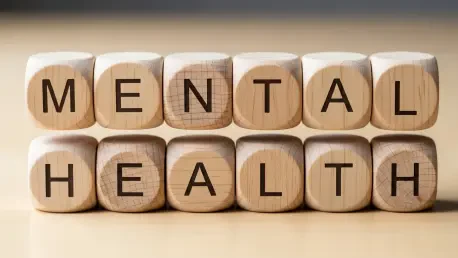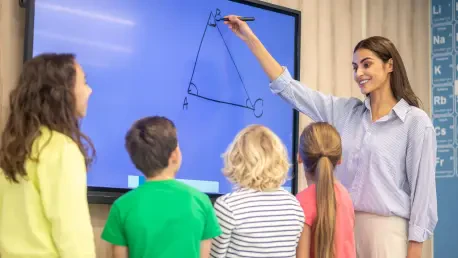
In a typical American public school, a student sits quietly in class, masking anxiety that gnaws at their focus, while teachers, overwhelmed with academic demands, might miss the subtle signs of distress. Meanwhile, a staggering reality looms: despite a national emergency on youth mental health

In today’s rapidly evolving educational landscape, schools face the daunting challenge of integrating technology that not only enhances learning but also remains manageable and cost-effective for long-term use, transforming classrooms into dynamic spaces. Imagine a setting where students actively

Short introduction I’m thrilled to sit down with Camille Faivre, a renowned expert in education management who has dedicated her career to advancing higher education policies and supporting institutions in innovative learning solutions. With her deep understanding of the complexities in federal

What happens when a critical financial lifeline for graduate students vanishes in the blink of an eye, leaving many unable to pursue their dreams? Picture a medical student, just two years away from becoming a doctor, suddenly unable to cover tuition that exceeds $50,000 annually. For countless

Seven years ago, the Camp Fire roared through Paradise, California, leaving an indelible mark as one of the most devastating wildfires in U.S. history with 85 lives lost and over 18,000 buildings reduced to ash, shattering the small foothill town in Butte County. This catastrophic event upended

In an era where higher education faces unprecedented challenges, a staggering statistic emerges: merger activity among colleges and universities has nearly tripled over a span of two decades, according to a recent McKinsey & Co analysis. This surge reflects a critical turning point for institutions